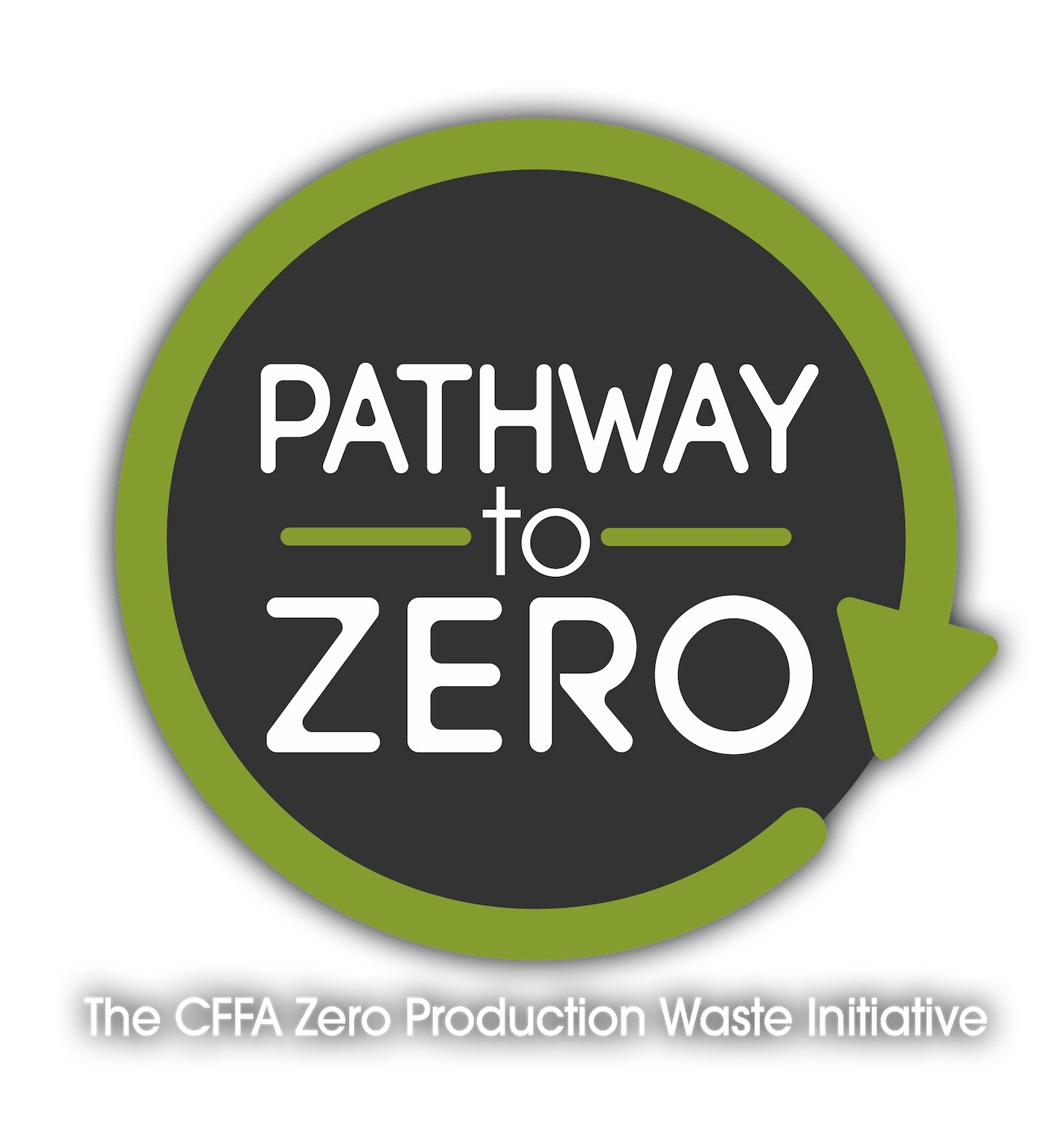
Increasing the amount of PVC roofing production scrap that is recycled to reduce materials that end up in landfills.
Follow us on our Pathway to Zero journey as our industry closes the gap.
What is the Pathway to Zero Initiative?
Less than a half -percent of all PVC (vinyl) roofing production materials end up in landfills. But the CFFA Vinyl Roofing Division (VRD) wants to do even better. That’s the essence of our Pathway to Zero initiative.
Our goal is to reduce production waste to landfill and get as close to zero as we can as an industry.
All member companies are voluntarily participating.
- Members individually take steps to further reduce the amount of their production trimmings and scrap as waste to landfills.
- Each month, members submit their statistics of their recycling, repurposing or reusing of the PVC roofing membrane production scrap.
- Statistics are totaled by a third party and will be published annually.
Recycling the production materials of PVC.
Recycling, repurposing, and reusing PVC roofing membrane production trimmings and scrap is not new, but what is new is the commitment by CFFA VRD members to further reduce production waste to the landfill!
Pre-Consumer Recycling Facts and Figures
Protecting buildings while protecting the Earth.
Manufacturing PVC roofing membrane is already extremely efficient.
- The industry converts more than 99.5% of its incoming raw material into products.
- Many manufacturers grind production trimmings and scrap to incorporate into new membrane or roofing accessories.
- CFFA VRD has identified external recyclers and a network of partners to repurpose or reuse these valuable production scraps, avoiding the landfill.
- PVC can be recycled and remade into new products over and over again.
Most production scrap can be reprocessed and returned into the manufacturing process or be used in other types of products.
Toolbox
Guidelines and Studies
Towards Sustainable Manufacturing
A comprehensive analysis of circular economy key performance indicators in the manufacturing industry.
Sustainable Management of Industrial Non-Hazardous
Secondary Materials
Through SMM, EPA is helping change the way our society protects the environment and conserves resources for future generations.
Avoiding the landfill.
PVC has a proven track record of being recycled at the end of decades of service life into the feedstock to make new roofing membranes.
PVC has an inherent advantage over many other roofing materials when it comes to recycling. Because of its polymer structure, it can readily be heated and reprocessed without significant loss of key physical properties.

